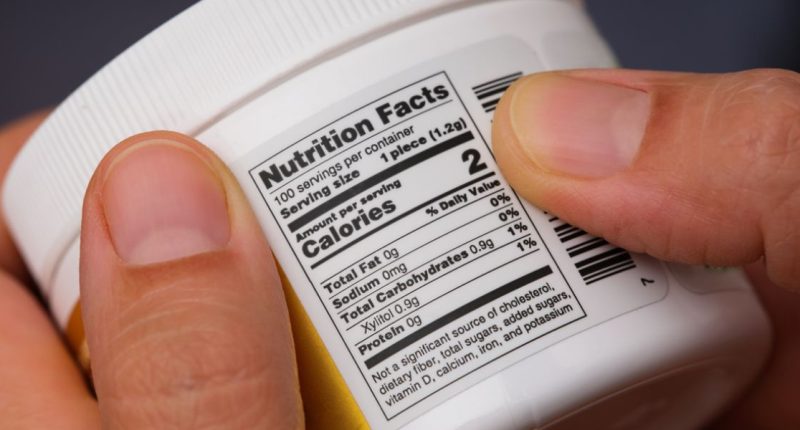A high intake of the sugar alcohol xylitol can increase an individual’s risk of experiencing cardiovascular events, latest research has claimed.
A new study from Cleveland Clinic has found that the common sugar substitute xylitol is associated with an increased risk of heart attacks and strokes.
Commonly found in sugar-free gum sweets, candy, baked goods and some toothpastes, xylitol is a natural sugar alcohol naturally found in many fruits and vegetables.
Over the last 10 years sugar substitutes have become more commonly used in processed foods and they have been advertised as healthy alternatives to sugar.
Lead author Dr Stanley Hazen said: “This study again shows the immediate need for investigating sugar alcohols and artificial sweeteners, especially as they continue to be recommended in combatting conditions like obesity or diabetes.
- Sweeteners a ‘helpful tool’ in reducing blood sugar levels
- Artificial sweeteners associated with type 2 diabetes and depression
- Aspartame: some of Britain’s best-loved brands that contain the sweetener
“It does not mean throw out your toothpaste if it has xylitol in it, but we should be aware that consumption of a product containing high levels could increase the risk of blood clot related events.”
More than 3,000 adults in the US and Europe were analysed by an expert research team during the study.
They found that roughly 33% of the participants with the highest amount of xylitol in their plasma were more at risk of experiencing a cardiovascular event.
In addition, they discovered that xylitol caused platelets to clot and heightened the risk of thrombosis.
During the trial, the participants were instructed to either ingest a xylitol-sweetened drink or a glucose-sweetened drink.
The results have shown that every measure of clotting ability significantly increased immediately following ingestion of xylitol but not glucose.
Prior research from the same team discovered a similar link between an increased cardiovascular risk and the sugar alcohol erythritol.
The study has been published in the European Heart Journal.




